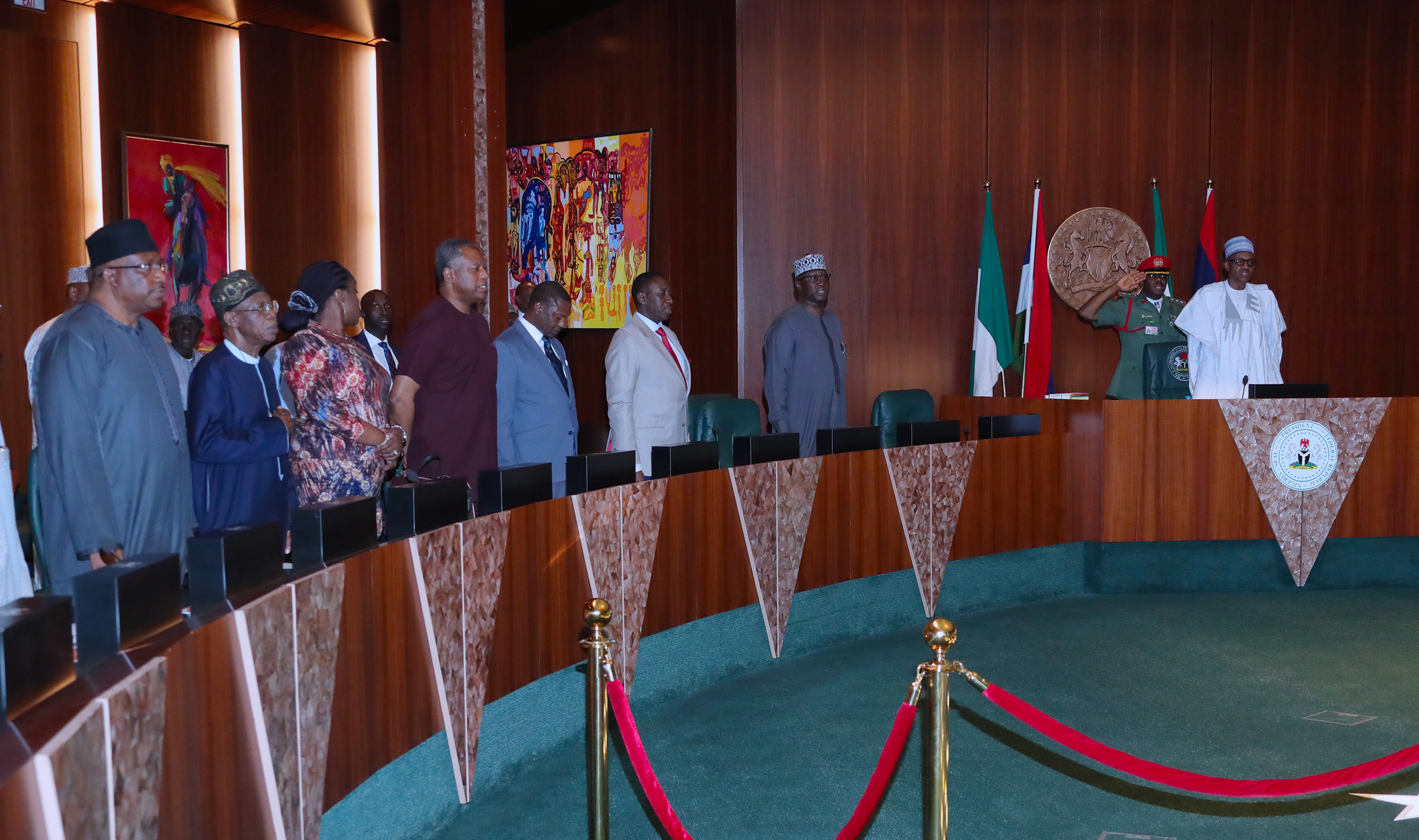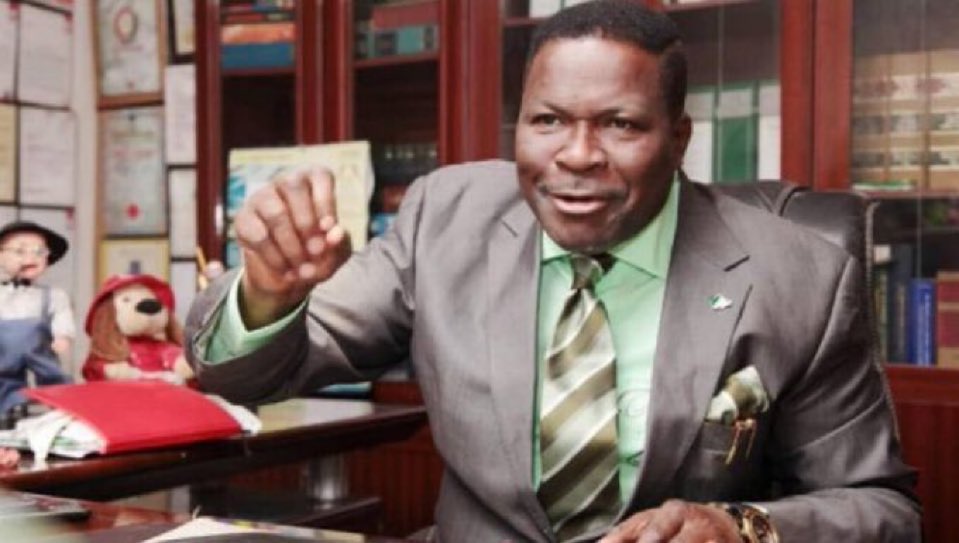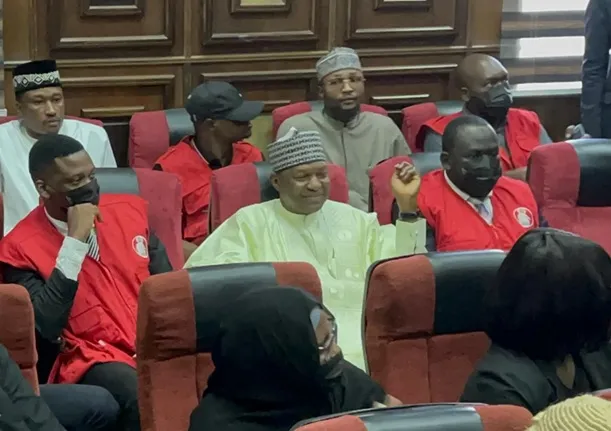Wale Taiwo
Anyone who belonged to an old school association knows the feeling of nostalgia at the mention of their alma matter. Members are touchy when their former school is mentioned or perceived in a negative way. Usually when such associations meet, it is more of exchanging banters and catching up on old times, and some merry making. If there is any government institution that cuts the picture of an old school association, it is undoubtedly the Nigerian Senate.
Not only has that institution been reduced to an association of people with common interests by the characters we have sent there to represent us, but even decency, intellectualism and patriotism may have taken flight from the red chambers.
It is a known fact that many politically exposed persons standing corruption trials are sitting on billions of Naira. If such persons continue to have access to such stupendous wealth at a time they are on trial, what would stop them from spending to bring down the government? Or even (if they can find willing accomplices) sponsor a military coup?
The Attorney-General of the Federation and Minister of Justice, Abubakar Malami and the President’s anti-corruption team, must have no doubt agonized helplessly over this situation which clearly undermines the anti-corruption effort of the government. Their distress is not helped by the legislature, which clearly sees itself as an opposition to the executive. Instead of making laws that would make it easier for the administration to prosecute a successful anti-corruption war, the two chambers have busied themselves with throwing hurdles in the way.
However, AGF Malami, who is arguably the first Chief Law Officer of the country that has shown a gritty determination to step on the toes of corrupt but influential persons, ever dissatisfied with the status-quo, found a way out. In collaboration with the legal luminaries in the president’s anti-corruption team, came up with an ingenious executive order to deal with the challenge.
This was the Executive Order No 6 of 2018 on the Preservation of Suspicious Assets Connected with Corruption and Other Relevant Offenses, recently signed by President Muhammadu Buhari. The Order makes it impossible for persons standing corruption trials to have access to assets, including cash suspected to be proceeds of corruption until the courts decide their cases. It was a landmark order that many lawyers believed could strengthen the anti-corruption effort of the Buhari administration by making it harder for corruption to fight back.
But how did our senate respond? Barely two days after the order came into effect, the senate had a “debate” on the floor of the chamber and immediately resolved to summon the AGF to come and explain the legality of the Executive Order. In the opinion of the lawmakers, the order was illegal as it amounted to a usurpation of the function of the legislature! They claimed only the legislature could make such orders.
Predictably, the AGF refused to join issues with the law makers as a show of respect for the legislature. Up till today, more than a week after the senate brouhaha, I have not read the AGF’s response in the media. Surprisingly, the senate too has been quiet. This could either be because the executive has made overtures to the lawmakers or because the senate had realized its folly and allowed matters to die natural death.
An executive order doesn’t need parliamentary approval and such the legislature cannot nullify it because it lacks such powers. Executive powers of the Federation rests in the President in accordance with Section 5 of the Constitution of the Federal Republic.
For the education of the legislators, an executive order stems from the executive mandate given to the President by the constitution. Such orders can only be issued to enforce already existing powers, duties and mandates under existing laws to manage staff and resources of executive agencies for greater efficiency and for the realization of high level policy goals.
By signing the order, the President has not overstepped his powers since he did not create a new law but only carrying out his constitution mandate.
The AGF has a reputation as a meticulous and diligent lawyer, a Senior Advocate of Nigeria (SAN) with an unblemished legal career. It is beyond contemplation that such a legal luminary will not understand a mundane legal issue as an executive order.
Why did the law makers summon the AGF? Is it that they do not fully comprehend Section 15(5) of the Constitution of the Federal Republic of Nigeria? It is that they genuinely believed the President had usurped their powers? Or (as many Nigerians suspected) it is the legislature/executive rivalry taking too far?
The order was not the first to be signed. In fact it was the sixth. There was an Executive Order on Support to Local Content in Public Procurement made pursuant to the fulfillment of the domestic preference section of the Public Procurement Act 2007 by late President Musa Yar’Adua. There was no eye brow raised at the time by the legislature. So, what is different this time?
Well, what is different is that many in the legislature would be affected by the order and their reaction is in self-defense, pure and simple. If the President had no such powers as claimed by the senate, we know that lawyers would have risen in defense of the legislature as they had done in the past whenever any of the three arms of government overstepped its boundary. But that has not been the case since Buhari signed the order.
It is normal for the legislature to disagree with the executive in a democracy. But such disagreements must be on policies or strategies, and not on frivolities. The senate is controlled by the ruling All Progress Congress (APC) and if its leadership had any issue with the executive, why not talk it over instead of the drama we see daily in the two chambers?
It is no doubt an indication of the professionalism and maturity of the AGF that he refrained from talking down on the legislators. He deserves the commendation of the lawmakers, not condemnation.
Taiwo wrote in from Lagos






















Leave a comment